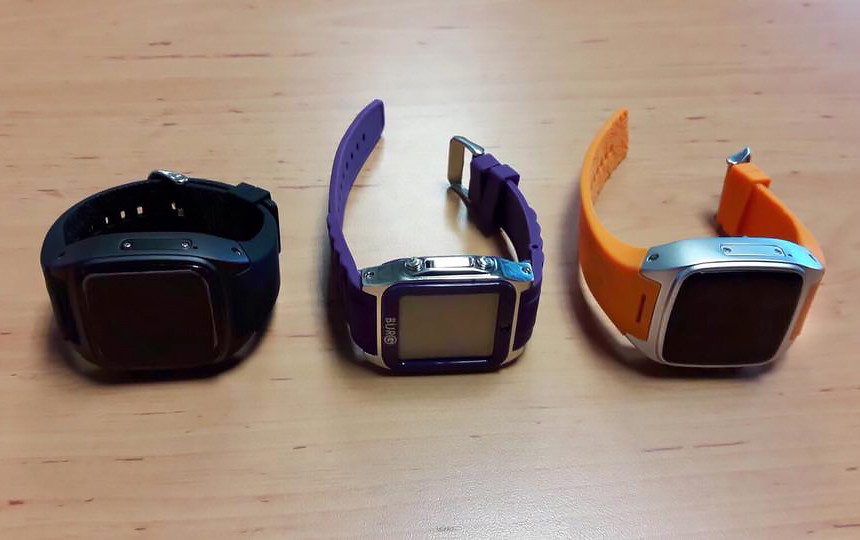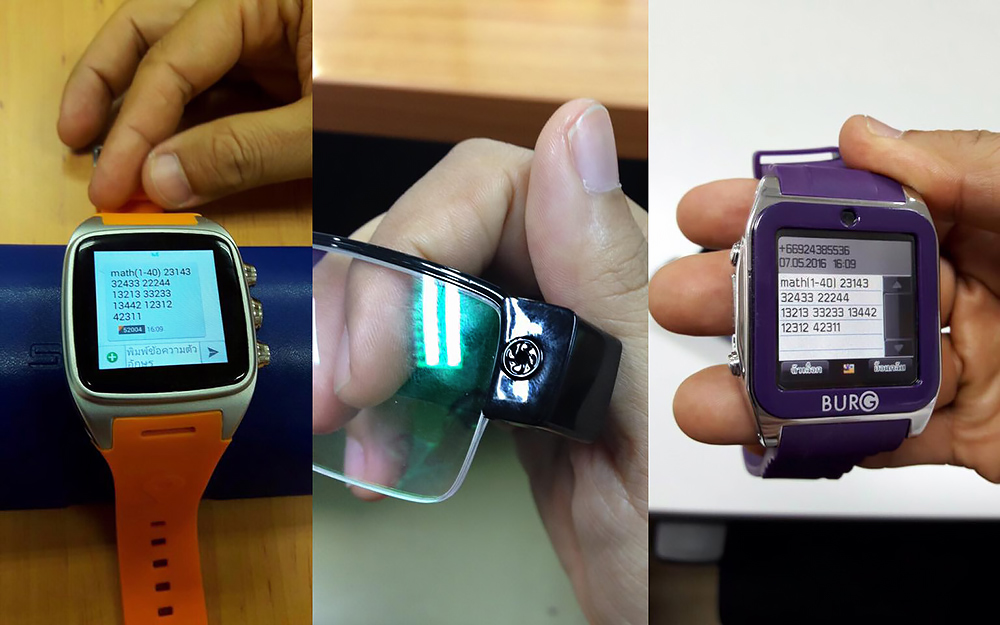
And now, the dark side of smartwatches, as prospective students at Rangsit University in Bangkok, Thailand, have been discovered using the devices as part of a scam to cheat on a medical school entrance exam. With all the benefits of connected technology and the ability to share information more easily – as well as the ever-impressive, endless ingenuity of students to avoid studying – we could have predicted such behavior.
The perpetrators were caught using camera-equipped glasses to photograph the tests and send the questions to an outside team, while other students taking the test were able to receive the answers in code on their smartwatches. The students were said to be paying as much as 800,000 THB (about US$23,000) for the answers, while those caught recording the test questions were being paid about 6,000 THB (US$170) for their role. Although only those few individuals were caught, around 3,000 students will need to retake the exam – the implicated students, of course, will not be allowed to apply again and legal action is underway. While the same method was used to deliver the information, the hardware used appears to be various makes of low-end smartwatches.

People in Thailand are offended particularly because the scam involved medical school and at the prospect of unqualified doctors. This cartoon shows a surgeon stopping an emergency operation to snap a picture with his glasses and wait for the answer on his smartwatch, which doesn’t arrive. (Credit: TMHS)
A lot of people have been asking what real utility smartwatches will have… well, cheating is one answer… But the wrist-worn nature of smartwatches as opposed to any other smart device is not particularly to blame here. The only part they play in this story that distinguishes them from other connected devices is that a smartwatch is smaller than a phone and still relatively under the radar, able to be camouflaged as part of someone’s apparel. That is surely changing quickly, however, as people not only become more aware of smartwatches, but also as designs improve and begin to look more like “natural” watches.
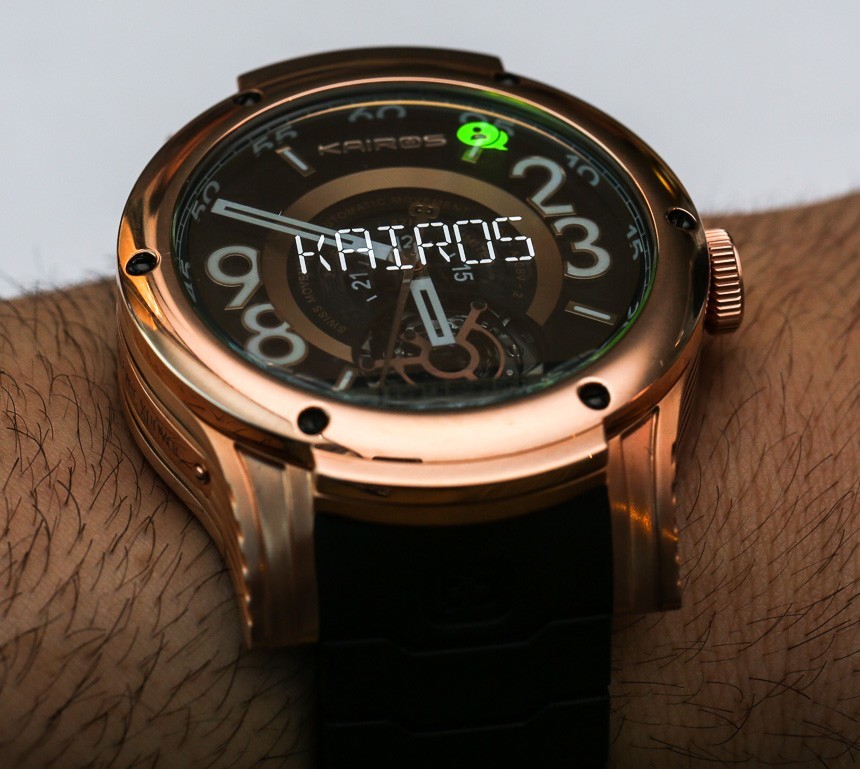
Thai universities are now considering banning smartwatches during tests, as some institutions around the world have already done and did with smartphones and cellphones long before. But it will only get harder to control as boundaries continue to blur. What to do about, say, a “mechanical smartwatch” like Kairos, whose concept is a mechanical watch where the crystal acts as an on-demand smartwatch display? Or devices like the Montblanc e-Strap that offer a smart screen on the strap while you continue to enjoy your mechanical watch? Well, The Wall Street Journal reports, for instance, that not only smartwatches, but in fact all watches are already being banned from entrance exams at Kyoto University in Japan, along with similar measures taken at some other institutions around the world.
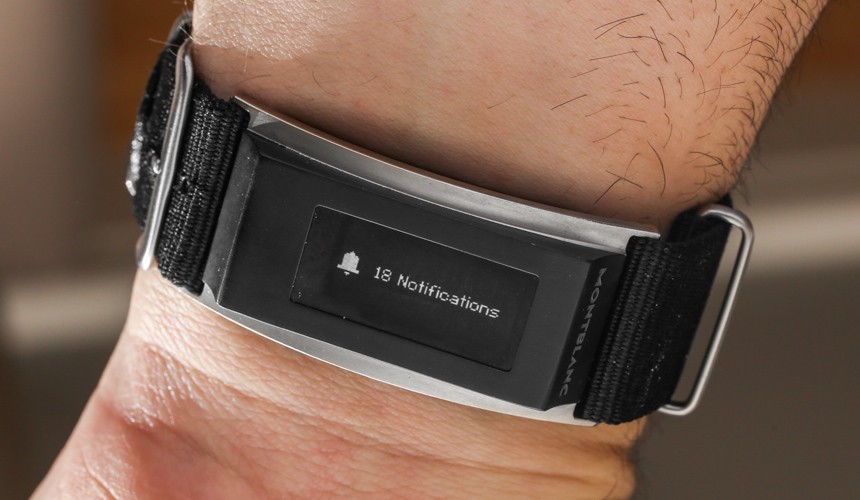
It is perhaps worth remembering that, in some places, calculators (and calculator watches) were also once banned from math tests but are now often allowed because the focus has shifted to analytical skills over memorization. With technology expanding in functionality, as well as shrinking in size, “controlling it” is a fast-paced and never-ending game. Maybe incidents such as this one will spawn an opportunity to reconsider our approach to education and testing – rather than constantly trying to chase down and tame the technology and associated behavior to force it into our established systems…
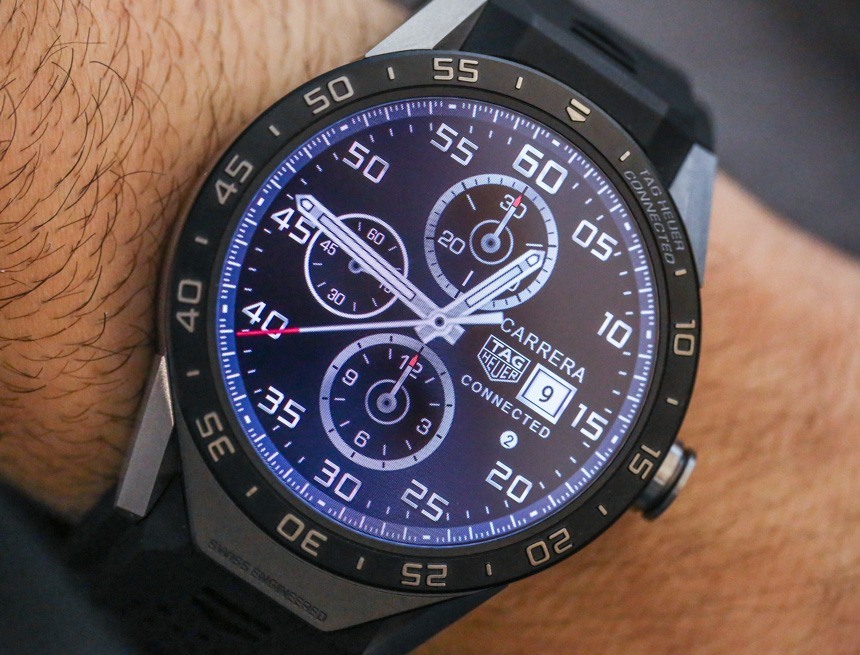
As mentioned above, this use of technology should not come as a surprise, and this time just happened to involve smartwatches. Here in Bangkok, where this “watch correspondent” is based, booths selling what appears to be all manner of spying equipment, such as pens, glasses, or other accessories with built-in hidden cameras are common in shopping malls and open-air markets. I’ve even seen somewhat decent-looking watch designs that apparently also concealed a camera. As smartwatches have begun to replace and supplement more and more features on our phones, it is a sign of the times that they come under scrutiny for security concerns as well.
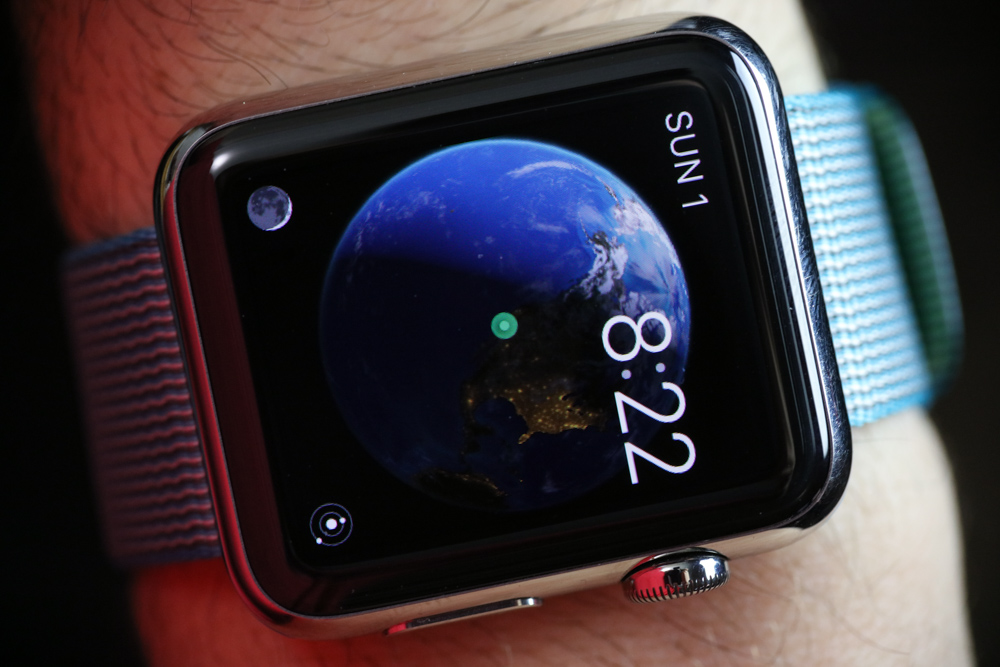
So, what does this kind of scandal mean for crime and security in general, and for watch lovers in particular? Will we one day be asked to “turn off” our watches on a plane, or worse, keep them in our checked luggage? A dystopian vision indeed, and one more reason for smartwatch-detractors to raise their mechanically clad fists in futile defiance of smart technology. Let’s hope that the right lessons are learned and that the “bad behavior” will lead eventually to positive evolution – not only in technology itself, but in how we adapt to it.

